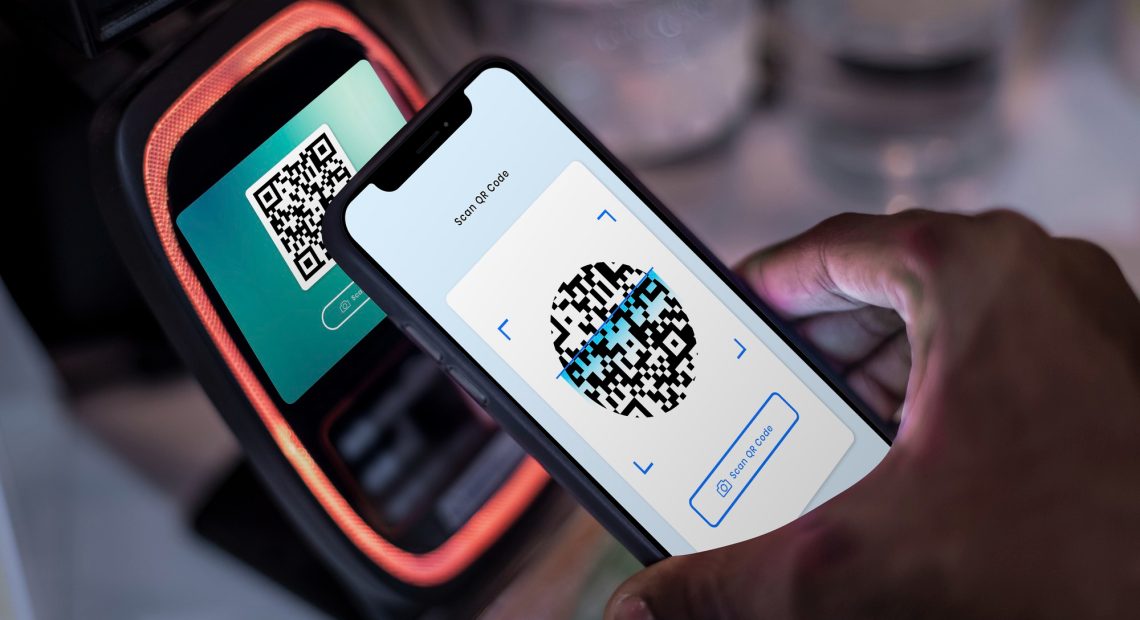
Maharashtra ATS Probes QR Code Fund Diversion at Shrines
The Maharashtra Anti-Terrorism Squad (ATS) has launched an extensive investigation into suspicious QR codes that have surfaced at religious shrines, primarily in Nagpur and other parts of the state. These codes, allegedly placed without the knowledge or consent of shrine authorities, are now at the center of a probe into possible links to extremist financing.
Unauthorized QR Code Linked to Personal Account
The investigation began after a QR code banner was discovered at a shrine in Qamar Colony, Nagpur. The banner, which encouraged devotees to donate funds digitally, was traced back to an individual named Mohd Ejaz Ansari. Despite having no official role in the shrine’s operations, Ansari had allegedly installed the donation QR code redirecting money into his personal bank account.
He claimed the funds were meant to establish a religious institution for women, but law enforcement agencies are not convinced. Authorities suspect the money could have been funneled elsewhere, possibly to unauthorized or extremist-linked activities. As a result, a formal case has been registered and further financial tracking is underway.
ATS Expands Statewide Surveillance
In response to this case, the ATS has expanded its inquiry to multiple other shrines across Maharashtra. The core concern is that digital payment systems—particularly QR codes—could be manipulated for covert fundraising that ultimately supports radical organizations or terrorist operations.
The operation involves collaboration with cybercrime units, banking compliance teams, and intelligence agencies to map out any potential networks and monitor financial trails emerging from such donation schemes.
Public Alert and Shrine Accountability
Officials are now urging religious institutions to conduct immediate audits of any QR codes displayed on their premises. The public has also been asked to exercise caution when donating through such codes, ensuring the legitimacy of the intended recipient.
The case highlights growing vulnerabilities in digital payment ecosystems, especially where religious sentiment and public trust intersect. As QR code usage surges across India, law enforcement agencies are stressing the need for tighter controls and community vigilance to prevent financial conduits from being hijacked for extremist causes.


















